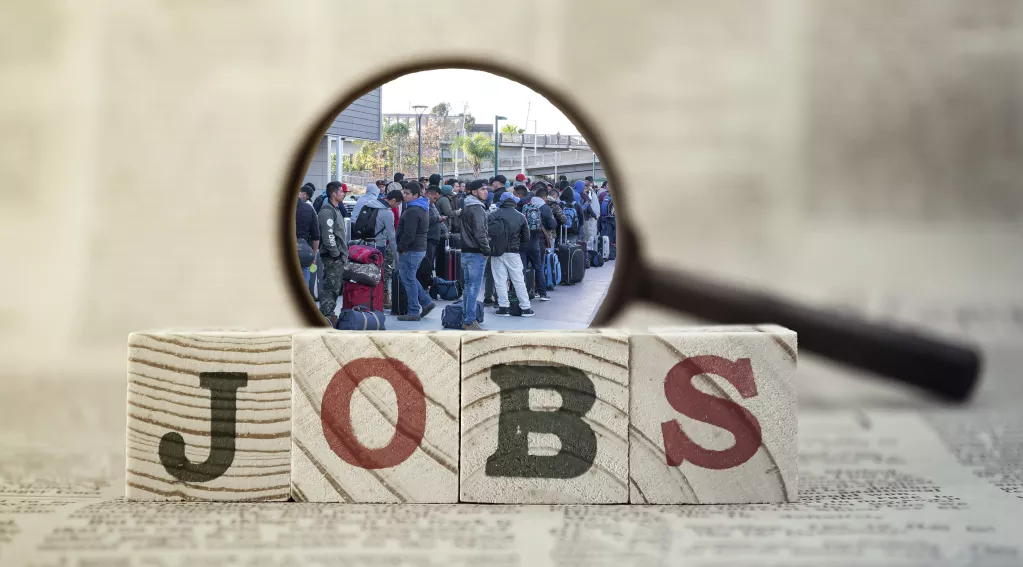Immigration Group’s ‘Diverging Pathways’ Leave Americans Behind

Pushing to “upskill” America’s workforce, a new report urges that more education resources be directed to immigrants, legal and illegal. Can such an undertaking pass the cost-benefit test when the research shows barely 4 in 10 adult immigrants have even completed high school?
Migration Policy Institute’s (MPI) “Diverging Pathways” study points to some 10 million vacancies in the U.S. labor force, and leaps to the conclusion that immigrants ought to be competing for skilled jobs. Surely, there are a lot to go around, as America’s foreign-born population stands at a record 47 million. In addition, FAIR counts 15.5 million illegal aliens, and MPI also sees them as ripe recruits even though they are statutorily prohibited from employment.
Yet those numbers fall short of 90.9 million working-age Americans without college degrees or post-secondary certificates. When talk turns to “upskilling,” why not consider them first?
Among foreign-born immigrants, 42 percent do not even have a high school diploma, and only 20 percent have any college experience. By contrast, 13 percent of native-born Americans lack a high school diploma, and 38 percent have “some” college.
MPI’s own numbers show how far immigrants are behind. For example, it found a whopping 79 percent of those eligible for DACA (Deferred Action for Childhood Arrivals) have no postsecondary credentials of any kind. Seventy-two percent of Lawful Permanent Residents and 51 percent of naturalized citizens are similarly unschooled.
The education and preparation gaps become even wider when quality of instruction is factored in. A few rogue diploma mills aside, U.S. education is generally far superior to what’s available in Third World settings, at any level.
Instead of lavishing ever more resources on lagging legal immigrants – to say nothing of illegal ones – U.S. policy and business needs to focus on native-born Americans who are farther along the education continuum.
Fundamentally, rational immigration policies are predicated on prepared, productive citizens, and thereby control social-welfare costs. Quality, not quantity, is the foundation of progress.

